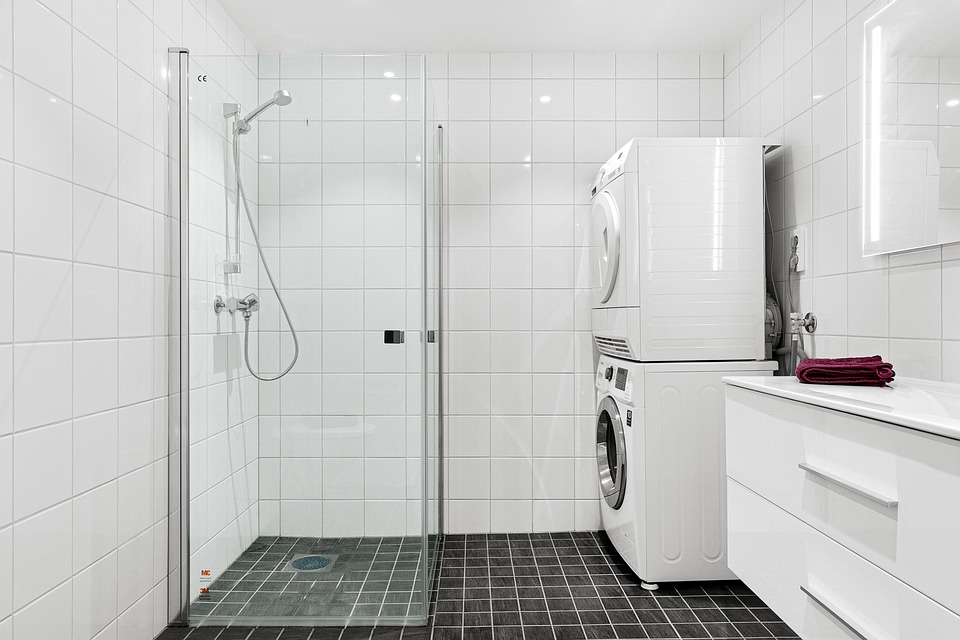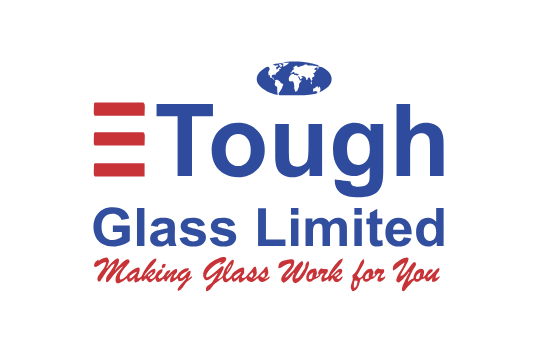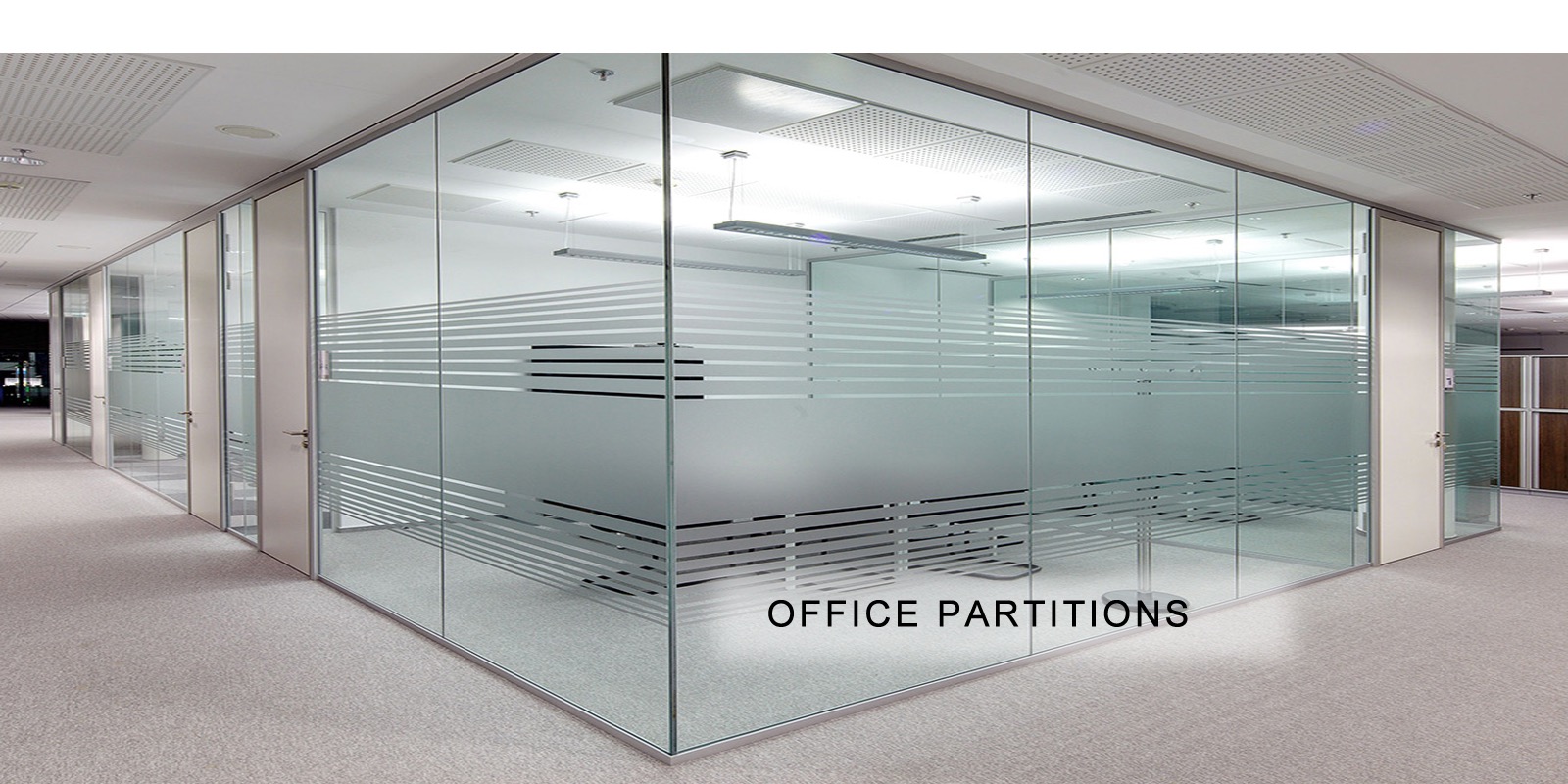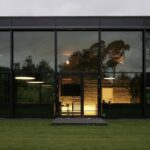
Over the past decade, the glass shower cubicle Kenya market has grown significantly, reflecting a larger trend of modernizing bathrooms in Nairobi, Mombasa, Kisumu, and beyond. No longer a luxury reserved for hotels or high-end apartments, glass cubicles have become a staple in middle-class and upper-middle-class Kenyan homes. With increased urbanization, changing lifestyle tastes, and a growing focus on interior design, homeowners are demanding more than just function—they want form, privacy, and flair.
This article explores the rising trends of tinted and textured glass shower cubicles in Kenya, highlighting the local design preferences, privacy needs, and growing appetite for customization.
The Rise of Glass Shower Cubicles in Urban Kenya
Kenya’s construction boom—especially in areas like Syokimau, Ruiru, Kitengela, and Kileleshwa—has brought a wave of new residential buildings designed with modern finishes. Bathrooms are no longer hidden, purely functional spaces. They are now seen as personal sanctuaries, and the glass shower cubicle Kenya homeowners choose plays a key role in achieving that spa-like effect.
Installers and fabricators across Nairobi are seeing a rising demand for shower enclosures that combine aesthetic appeal with practical function, particularly options that go beyond plain clear glass.
Why Homeowners Are Moving Beyond Clear Glass
1. Privacy Is Personal
In many Kenyan homes—especially those with shared bathrooms—privacy remains a core concern. While clear glass offers openness and elegance, it doesn’t provide much seclusion. This has led to a boom in the demand for:
- Frosted glass (acid-etched or sandblasted): Popular among young families and co-living units.
- Textured glass (rippled, rain, or hammered patterns): A balance between light diffusion and visual privacy.
- Tinted glass (grey, bronze, blue): Adds both color and moderate visual screening.
Some Nairobi-based suppliers now offer combinations—such as half-frosted or gradient glass cubicles—for homeowners who want to blend openness and modesty.
2. Design Meets Personality
Interior design is increasingly a priority in both standalone homes and apartments in Kenyan suburbs. The choice of glass shower cubicle Kenya homeowners make now often reflects their personality:
- Minimalists opt for frameless, clear-glass designs with chrome fixtures.
- Nature lovers are turning to textured panels that mimic rain patterns or waves.
- Contemporary styles feature dark tinted glass with matte black frames for a sleek, modern feel.
Customization is no longer optional—clients want bespoke solutions that match their wall tiles, ceiling lights, and vanity finishes.
Popular Finishes and Customization Options in 2025
| Type of Glass Finish | Description | Popularity in Kenya |
|---|---|---|
| Frosted Glass | Opaque surface for privacy | High (especially in family homes) |
| Textured Glass | Decorative patterns like rain, ripple, or mist | Medium (used for style and privacy) |
| Tinted Glass | Colored with grey, bronze, or blue tones | Growing (urban and executive homes) |
| Clear Frameless Glass | Simple and sleek | Still popular in solo-use bathrooms |
Installers in Kenya now offer custom cuts, roller systems, corner-entry options, and hinged or sliding doors to suit different bathroom sizes—from compact bedsitters in Roysambu to spacious townhouses in Kiambu.
Local Design Preferences: What Kenyan Clients Are Asking For
Designers and glass fabricators in Kenya report the following trends based on client feedback:
- Floor-to-ceiling enclosures are gaining traction for their clean look and better water containment.
- Matte black frames are overtaking chrome in luxury homes due to their bold, elegant contrast.
- Clients in Nairobi and Mombasa are requesting curved glass cubicles to maximize corner space.
- Etched patterns featuring African motifs or nature-inspired designs are popular with high-end clients looking for a local flair.
Additionally, sustainability-conscious homeowners are starting to ask about recyclable glass materials and non-corrosive aluminum framing, indicating a subtle shift toward green construction values in Kenya.
Safety and Maintenance: A Growing Conversation
Kenyans are increasingly informed about the importance of tempered safety glass, especially in homes with young children or elderly users. Modern glass shower cubicle Kenya suppliers must now offer glass certified to withstand high temperature and pressure changes.
Easy maintenance is also crucial. Textured and frosted glass tends to hide water spots better than clear glass, making it a more practical choice in hard-water areas like Naivasha or Rongai.
To reduce mold and moisture build-up, Nairobi-based contractors now recommend adding ventilation strips or building with open-top cubicles in small bathrooms.
Where Kenyans Are Buying Their Cubicles
Most glass shower cubicles in Kenya are fabricated locally by companies based in Nairobi’s Industrial Area, Mombasa Road, or along Thika Superhighway. However, imported panels from China and South Africa also serve the high-end market.
Popular installation zones include:
- Residential estates: Lang’ata, Runda, Syokimau, and Thindigua.
- Serviced apartments: Kilimani, Lavington, and Westlands.
- Hotels and lodges: Naivasha, Nanyuki, and Diani.
Platforms like Instagram and Jiji have become key marketing tools for fabricators, with digital showrooms replacing traditional hardware displays.
A Clear Future for Kenyan Bathrooms
The glass shower cubicle Kenya homeowners are choosing today is more than a partition—it is a statement of style, privacy, and innovation. From frosted designs to bold tints and unique textures, the market is shifting toward personalized, functional elegance.
As more Kenyans build or renovate homes, we can expect to see even more creativity in bathroom design. The future is clear—or tinted, or textured—but certainly glass.



